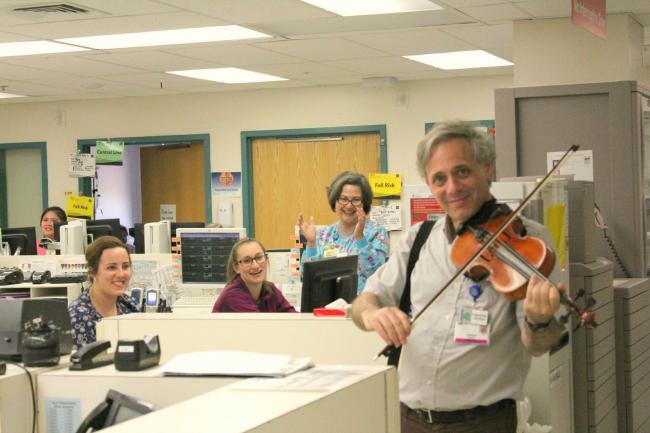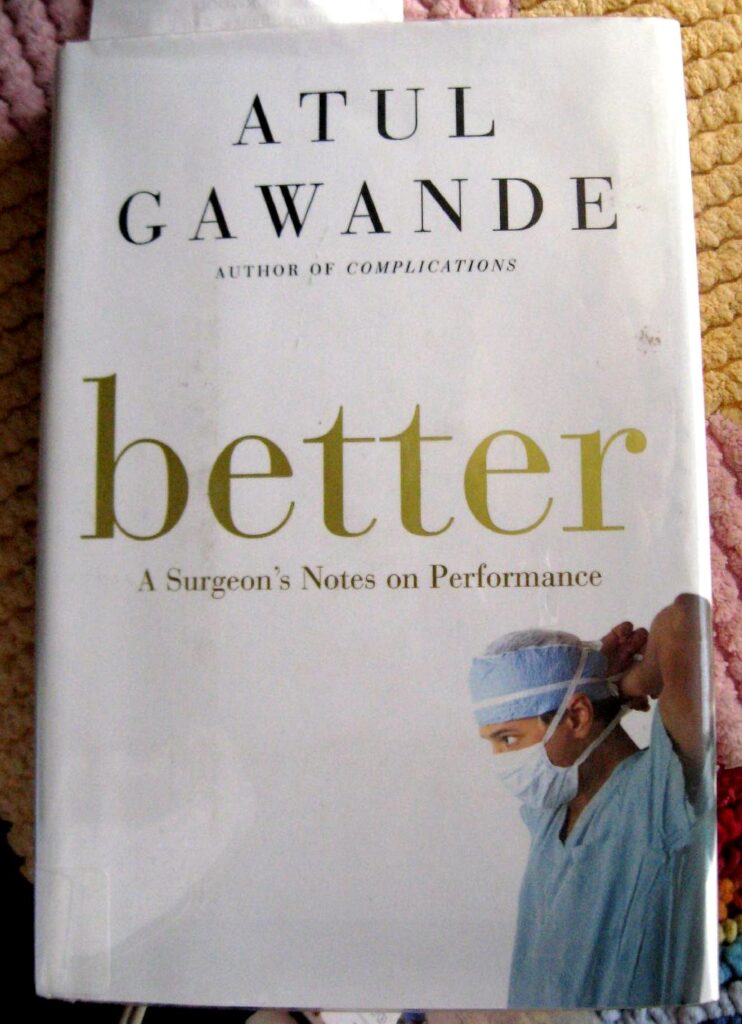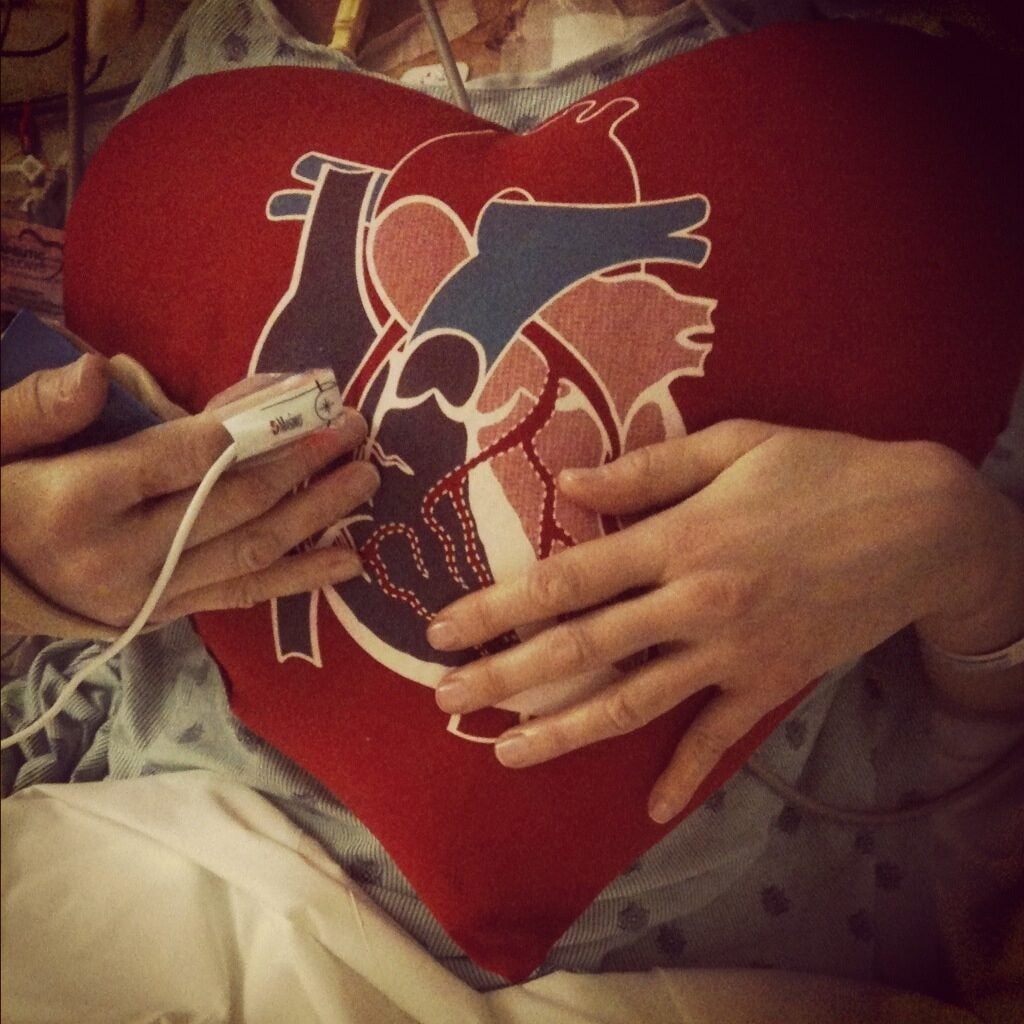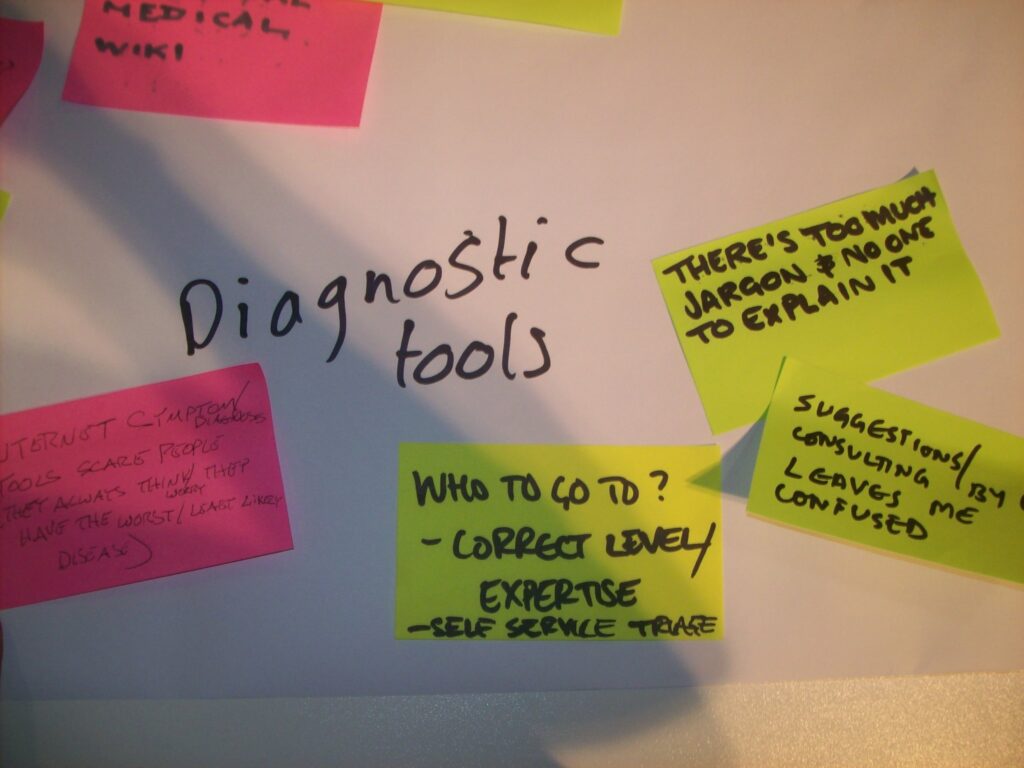Archive: Scholarship 2017
6 Articles
- Scholarship
“Examining the Artist-Patient Relationship in Palliative Care. A Thematic Analysis of Artist Reflections on Encounters with Palliative Patients”
Julia Langley and her co-authors study the artist-patient encounter and how artists can function in the palliative interdisciplinary model of.…
December 22, 2017
- Scholarship
“The Return to Literature—Making Doctors Matter in the New Era of Medicine”
As medicine faces rapid changes in our current era, which include the widespread use of artificial intelligence, it is also expected for the nature of physicians' jobs to change,…
December 14, 2017
- Scholarship
“Visual Intelligence Education as an Innovative Interdisciplinary Approach for Advancing Communication and Collaboration Skills in Nursing Practice”
Julia Langley and her co-authors made a pilot intervention seeking to integrate visual intelligence skills into nursing education. The pilot suggests that teaching visual…
December 7, 2017
- Scholarship
“Failing Better: A New Paradigm of Care”
Dr. Hunter Groninger introduces a Heart Failure Reviews symposium issue that aims to call attention to the rapidly developing interface between heart failure and palliative.…
July 22, 2017
- Scholarship
“Integrating Spiritual Care into Palliative Consultation: A Case Study in Expanded Practice”
Dr. Hunter Groninger and his co-authors describe the role of a palliative care chaplain embedded within the interdisciplinary palliative care team, demonstrating how the role of…
May 26, 2017
- Scholarship
“Poor Prognostication: Hidden Meanings in Word Choices”
The absence of a standardised language to express prognostic information can be a barrier for providing realistic information to patients and their families. The team of…
April 21, 2017





